Duties and Position in the State Structure
In the State structure of the Principality of Liechtenstein with its dualistic concept, the Parliament or Landtag as the lawful body has the important function of representing all the citizens of the country. As the Liechtenstein State Parliament, it is directly elected by the People under the proportional representation electoral system. The election district of the Upper Country elects 15 deputies and that of the Lower Country 10 deputies. The Landtag is convened and closed by the Reigning Prince. The Reigning Prince also has the right to dissolve Parliament for important reasons.
The principal task of the Landtag is lawmaking. For a bill to become law, not only is the approval of the Landtag required but also the sanction of the Reigning Prince, the countersignature of the Head of the Government and the announcement in the Legal Gazette. Every law adopted by the Landtag and not declared as urgent by it and also every international treaty approved by it may be submitted to a referendum.
Also within the competence of the Landtag is the right to propose the appointment of the Government which must be by agreement between the Reigning Prince and the Landtag. In addition to its contribution to lawmaking, financial sovereignty and the control of the State administration including the judicial system are also of pre-eminent importance. It is also concerned in various appointments by election.
According to the Constitution, the Principality of Liechtenstein is “a constitutional hereditary monarchy on a democratic and parliamentary basis“. The Landtag is the representation and ‘body’ of the People and as such its function is to exercise its rights and interests.
Lawmaking
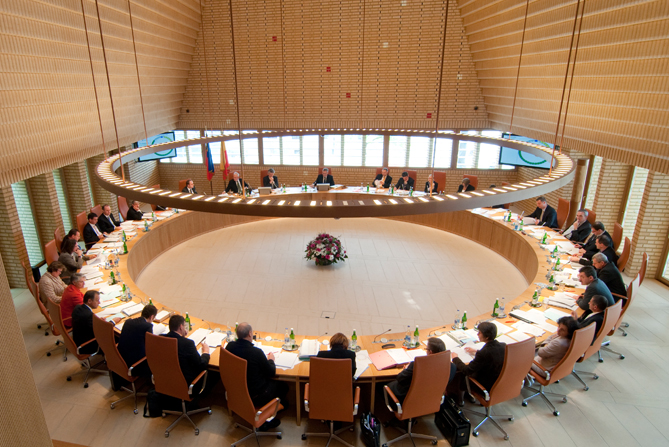
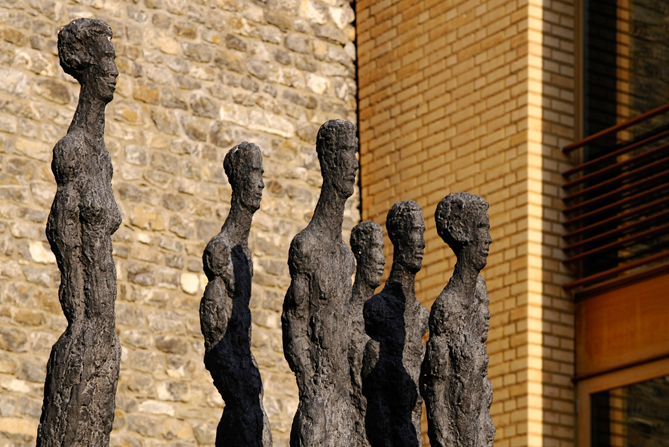
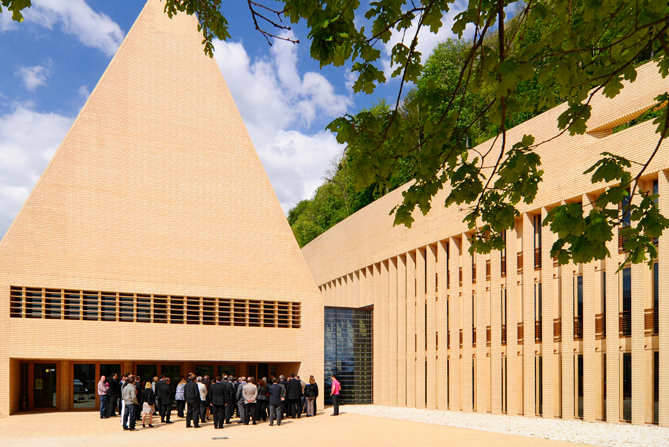
The most important task of the Landtag is the part it plays in legislation. Without the Landtag, no law can be passed, no law can be amended. The Landtag (and also the Reigning Prince and the People) has the right to constitutional and legislative initiative. In practice, most bills are prepared by the Government or by its experts. The Landtag can send bills back to the Government or form commissions of its own for the revision of such. An opening debate is held for every bill, followed by two readings and a final vote. In the opening debate, it is decided whether the Landtag wishes at all to prepare a bill. In the first reading, suggestions can be made, which are then examined by the Government before the second reading. In the second reading, a vote is taken on every individual article. If deputies submit motions for amendments, a vote must first be taken on these. With the article by article vote, the text of the article is also finalized. After the second reading, a final vote takes place by which the bill is adopted as a whole.
Treaties in which dispositions in regard to sovereign rights are made, by which new responsibilities are adopted or which affect the rights of the citizens, must be submitted to the Landtag. The Landtag may not change a treaty which has been signed by the Government but can only accept or refuse it as a whole.
Financial Sovereignty
The State budget is drawn up by the Government and adopted by the Landtag. It has the right to change individual positions. If, in the course of the year, the Government needs additional funds for new tasks or if individual budget positions are exceeded, it must get a supplementary credit from the Landtag. For projects associated with financial commitments extending over several years (e.g., major construction projects), the Government must seek a guarantee loan from the Landtag.
Formation of the Government
A basic task of the Landtag is the forming of an effective government. At the start of its fouryear term of office, the Landtag elects the members of the Government, whereby this election is formally only a proposal for submission to the Reigning Prince. The latter does not have the right to appoint the Government but is bound to a proposal of the Landtag. For the whole of its term of office, the Government needs the confidence not only of the Landtag but also of the Reigning Prince. If the Landtag or the Reigning Prince withdraws this confidence, its authority to exercise its function as the Government lapses. In this case, the Reigning Prince appoints an interim transitional government. On the other hand, an individual member of the Government cannot be dismissed either by the Reigning Prince or by the Landtag alone but only with the agreement of both.
Appointments

The Landtag is also responsible for various appointments. It elects not only the Government but also the members of individual commissions. As part of the overhaul of the Constitution in 2003, the right of the Landtag up to then to select the judges was transferred to a newly established Judge Appointment Board in which members of the Landtag are also represented. The Landtag can now only elect the candidates proposed by the Board. If it does not agree with the latter, it may nominate its own candidates who must then be elected by the People.
Control Function
The Landtag has the right and the duty to monitor the whole of the State administration including the judicial system. For this task, the Landtag charges on the one hand the Audit Commission while on the other it also exercises this function directly with its examination of the annual reports of the authorities and of the national audit report. Furthermore, the deputies can also put written and oral questions to the Government about any area of the State administration. A powerful control instrument are the investigational commissions that are appointed for specific reasons.
An important aspect of Parliamentary work is the public discussion of the better political arguments. This helps opinion-forming and decisiontaking.
Rights of the People
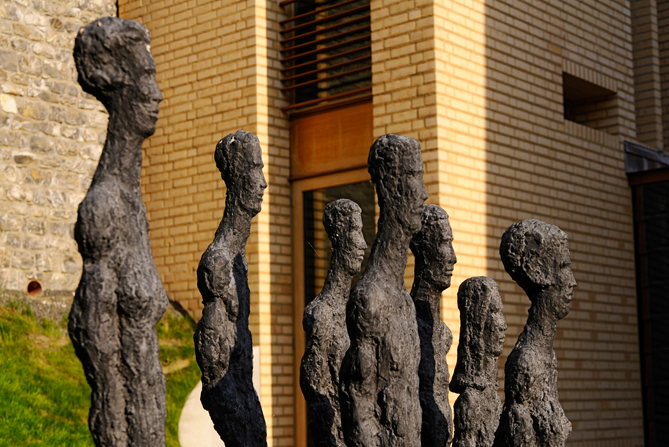
The People not only has the right to elect the Landtag. Through an initiative, it could also force the convening of the Landtag or a referendum on its dissolution. However, up to now, no use has ever been made of this theoretical right. With the right to demand a referendum, voters can have resolutions of the Landtag submitted to a popular vote. For resolutions concerning laws and finance, 1,000 voters must sign a petition for a referendum to be held; for amendments to the Constitution and treaties, 1,500 signatures are required. However, the Landtag can declare amendments to laws, the Constitution and financial resolutions as imperative and thus block a referendum.
Rights of the Reigning Prince
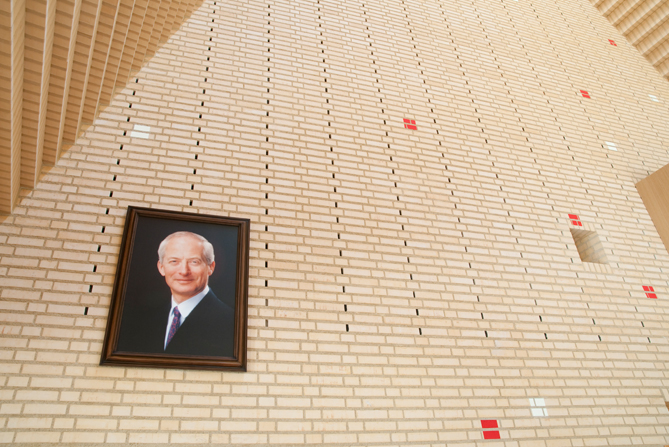
The Reigning Prince can influence the resolutions of the Landtag and even its very existence. Every law needs the assent of the Reigning Prince (sanction) and this also applies to financial resolutions. If the sanction of the Reigning Prince is not given within six months, it is then deemed to have been refused. The Reigning Prince is entitled to represent the State externally without regard to the necessary involvement of the Government. Treaties affecting the sovereign of the State or the rights of its citizens or resulting in new burdens require the consent of the Landtag.
The Reigning Prince appoints the judges with due observance of the provisions of the Constitution. For the selection of judges, the Reigning Prince and the Landtag refer to a joint committee. In this committee, the Reigning Prince has the chair and also the casting vote with regard to the candidates proposed to the Landtag for the judicial office in question.
According to Art. 10 of the Constitution, the Reigning Prince temporarily takes the place of the legislative body when an Emergency Order is issued. This is an emergency law which is independent of Parliament. Emergency Orders lapse after six months at the latest. According to Arts. 85 and 86 of the Constitution, Emergency Orders require the countersignature of the Head of Government.
The Reigning Prince has the right to convene the Landtag at the beginning of a year and to close it at the end of a year. Traditionally, he opens the Landtag with a solemn Speech from the Throne. Without this regular convocation at the beginning of the year, the Landtag does not have the right to convene itself during the year. During the year, the Reigning Prince may postpone or dissolve the Landtag for important reasons for not more than three months. Prince Hans-Adam II of Liechtenstein transferred the exercise of the sovereign rights held by him to his deputy, Hereditary Prince Alois of Liechtenstein, on 15 August 2004 in accordance with Art. 13 bis IV of the Constitution.